Is Linux Hard to Learn for a Coding Noob?
Linux is hard to learn. That is what they tell you once you start learning this popular operating system with open-source code. And back in the day this statement was quite true – Linus used to be a hard nut to crack. But these days are long gone. Is Linux hard to learn in 2024? Not at all! And we are going to prove it.
In most cases, you just need to find reliable free and paid sources of easy-to-understand tutorials about Linux basics. Then after studying the basics, you can switch to the more advanced courses related to Linux OS. As simple as it sounds, that’s it. That is all that you should do to start learning this popular and tech-savvy OS. Our following guide will help you to understand the challenges and methods on your path of learning the basics of Linux OS. This information can be especially useful for Linux newbies.
What Is Linux OS?
As a free and open-source operating system, Linux has been around since the 1990s. Unlike other popular operating systems, such as Windows and macOS, both paid and closed-source, Linux is open-source and free to use. Any user can download this software from the official website and install it on their PCs. Also, the developers are allowed to modify the Linux software’s code. Such an open-minded approach has resulted in a vast array of different Linux “distributions” or “distros”— the modifications designed for different tasks (from everyday tasks to high-level cybersecurity).
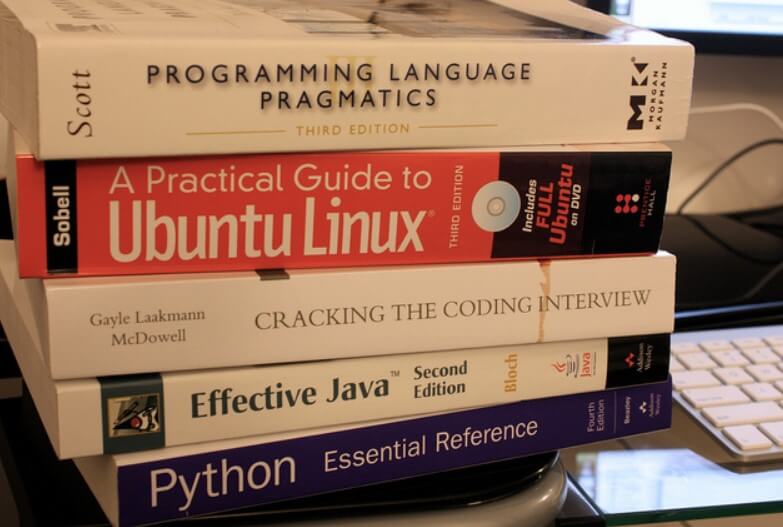
While the basics work pretty much like a Mac/Windows-based machine, Linux gives you an incredible level of control that is impossible with other operating systems. Every distribution has its software, interfaces, and tools, but they all share the same kernel – the core of Linux OS.
While Linux is mostly used to support servers and supercomputers, it’s also popular on standard desktops and laptops for regular tasks. For many tech professionals, Linux’s wide range of security-focused features and flexibility is a major attraction. However, with such a powerful OS comes quite a challenging learning curve, so you need to have a serious and disciplined approach to become successful with this OS.
Is Linux Hard to Learn – Main Reasons to Learn Linux OS in 2024
Back in the day, IT careers were mostly dominated by server administrators, software developers, and cybersecurity experts. All of them had solid Linux skills. In 2024, Linux OS will run mostly the servers and cloud web infrastructure. The best thing you will learn about Linux is its versatility and free and open-source structure.
These are the main reasons why people should learn Linux despite all the challenges and difficulties:
- Linux skills are in high demand for server management, software development, and cybersecurity roles;
- Linux runs on most servers and cloud infrastructure so if you want to become a server administrator you just can’t skip Linux;
- Linux is a free, open-source system that helps to edit and customize the key elements of the system;
- Linux is so far one of the few solutions for advanced users who want to build their operating system or make an OS for specific tasks;
- Learning Linux at an advanced level can help you take on many job opportunities in the tech sector;

How Hard Is It to Learn Linux – Common Misconceptions
Is it hard to learn Linux? Some users will say that it is incredibly challenging because this operating system is only easy to understand for experienced coders or IT specialists. Well, the others may argue and prove their point by showing how little kids use Linux. Who is right? Both of them, to be honest.
There are a lot of myths and unrealistic facts related to Linux but some experts do not lie when they say that studying Linux OS can be challenging for people who’ve never learned coding or IT. Let’s try to figure out the most common myths and bust them out.
Myth # 1 – Linux is only for experts
This may be the largest misconception when it comes to Linux. For newbies, there are plenty of Linux distributions to get started easily – like Ubuntu and Linux Mint. Linux is not very difficult for complete beginners to use and learn. All that is required is your desire and discipline.
Myth # 2 – Linux is only for those users who can code
This is a very common myth, but it truly isn’t completely false. Though coding skills make it easier to learn Linux, this OS is not just for coders. Web browsing, are so-called WYSIWYG or What You See Is What You Get type of actions with no need for any line of code is a huge part of Linux OS you may learn without knowing a single line of code. Remember that many Linux users start without knowledge of programming at all and learn things only when it is necessary.
You may also check other myths and facts in the thread Is Linux hard to learn on Reddit. People share their real experiences about the use of this flexible and free, open-source operating system.
Is Linux Hard to Learn – Things to Cram First
- Learn the Most Common Distributions
Begin with reading about beginner-friendly Linux distros such as Ubuntu, Fedora, and Debian. There is no single Linux distro that can do every task as an operating system, so you should have a good understanding of every large and significant distro of Linux OS.
- Understand How to Use the Command Line
The command line is a basic level of Linux. Start with some essential commands such as ls, cd, or cp of any file. Getting good at using the command line interface is what will help you wield Linux like a pro.
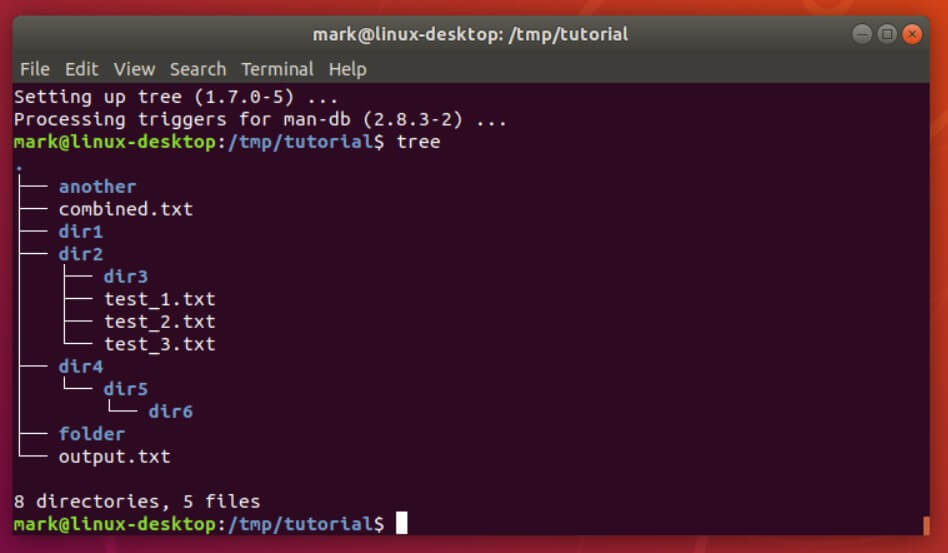
- Study the File System Structure
Linux has its unique file system structure starting at the root directory (/). Discover where to locate configuration files, user data, and system resources in directories.
- Software and Package Management
Unlike Windows OS which has an installer, Linux uses package managers such as “apt” on Debian-based distros, while Red Hat-based systems use “yum” or “dnf” to install, update, or delete the software on your PC.
- Learn About Linux Permissions
Linux permissions specify who can access a file, and what they can do with it — i.e., read or write (edit) the contents of that file – execute them as programs. If you learn how to use “chmod” and “chown” commands for changing the permission of files is essential for securing your Linux system.
- A TCP/IP Networking Basics
Since Linux is mostly used in server environments, knowing some basic networking, like setting up IP addresses and interfaces, can be quite helpful. Think of learning such terms as “ping” or “netstat”.
- Look Up Linux Documentation
There is a lot of online documentation both distributions and tools when it comes to Linux. The documentation is there to help you solve the most common problems.
Also, it won’t hurt if you learn the basics of web surfing, operating systems, and working with a personal computer before installing Linux on your machine. Use VScode themes to ease up your process of learning how to code and modify Linux command lines.
Is Linux Hard to Learn – Challenges You Might Face
Contrary to popular opinion, Linux is not a perfect OS by any means, and the learning curve might be one of those induced heart attack risks in your life. To avoid such a sad scenario, check the following list of typical roadblocks that may obstruct you from learning Linux OS:
Navigating the Command Line
The command line interface (CLI) is one of the biggest roadblocks for Linux beginners. While you can point-and-click your way through Windows or macOS, Linux is based on the command-line system. Typing instead of clicking icons can be intimidating and tiresome at first. However, once you get used to it, the command line becomes a powerful tool that can improve your workflow drastically.
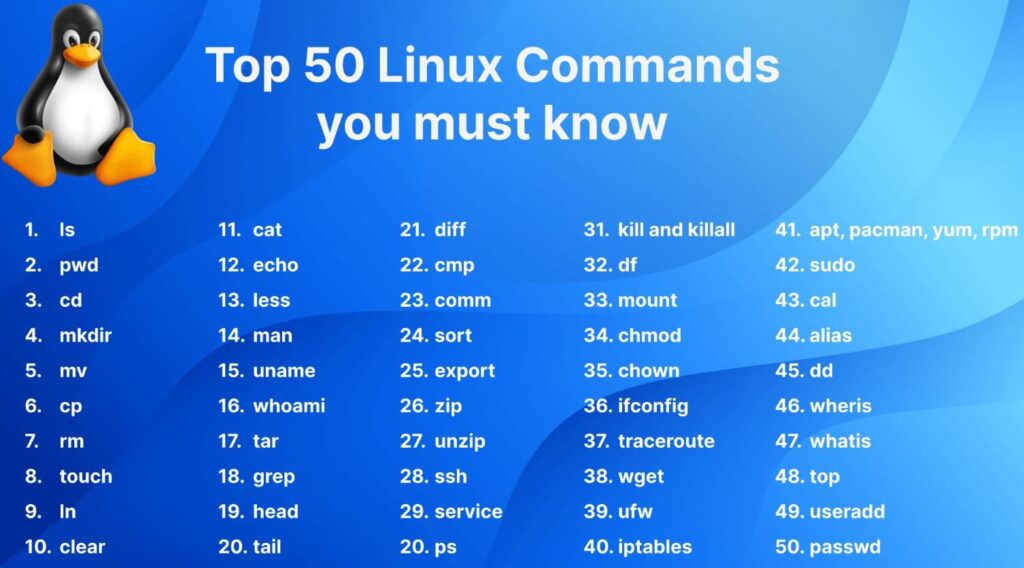
File System and Permissions
The file system of Linux OS has a different structure than Windows or Mac. There is a root directory and folders with certain meanings. Permissions are another core concept in Linux. They define what parts of files users may or may not access and edit. You’ll definitely have to learn how these file systems work, and what each permission does, but it may take a while for everything to sink in thoroughly.
Problems with Hardware and Software Compatibility
Compatibility is another thing that you may have to look out for when learning Linux basics. Hardware and software that work out of the box on other operating systems may not be welcomed by Linux. It can be even more infuriating if you use some hardware or software that does not have a Linux-compatible version.
Types of Distributions to be Learned
With so many Linux distributions out there (Ubuntu, Fedora, and Arch Linux, to name a few), the world of open-source software is boundless. Each distro brings its unique features, tools, and community. It depends on what you want and need on your machine, but with so many options to choose from, it can be quite a daunting task. Make sure to install and use different distros before picking the one you like.
Is Linux Hard to Learn – Overcome Any Challenges With Discipline
If you are not prepared to install Linux directly on your laptop/PC, then using a virtual machine (VM) is the safest method to learn how Linux works. A VM allows you to run Linux in a controlled offline environment on your existing operating system without the fear of breaking something for good. It is a great way to understand command lines and other Linux basics before going all in.
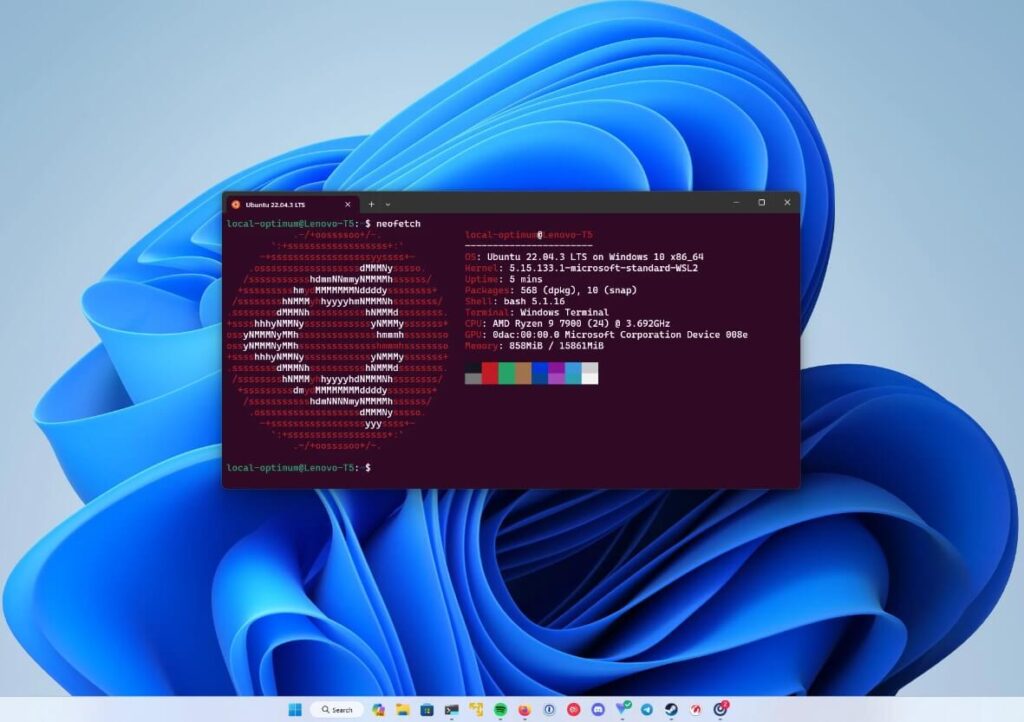
The Linux command line is a great way to use your computer’s power at most. Basic commands can change the directories, copy files, and manage all the processes. However, as you get used to it, the command line will allow you to work faster and in a more controlled way with your system.
Linux is no different than any other skill, and to learn that, you need to practice it regularly. Take an hour or so every week to study various components of the operating system. Do not hesitate to experiment and install different distros, change how your desktop looks, or write some scripts. The more you practice, the more confident you will feel while using Linux.
To ease up your process of learning Linux OS, you may use different sources (mostly free, though, there are a few paid websites worth your attention). Check the comparison table about the most popular Linux OS education resources:
| Resource | Description |
| Ubuntu Forums | Community support for Ubuntu users |
| Reddit (r/Linux) General thread | Linux discussions and help |
| Stack Overflow (duh!) | Q&A for solving coding and technical issues |
| Linux Survival | Interactive tutorials for Linux beginners |
| YouTube (Linux Academy) | Free video tutorials on various Linux topics |
Is it hard to learn Linux? No, but you need to focus on the facts and forget about any myths and challenges. Also, you are to be disciplined especially during the first months of your Linux study. You should also use all the available sources like free YouTube courses to understand if you need this operating system at all.
Frequently Asked Questions
-
How many days do you need to learn Linux basics?
Learning Linux OS will take as long as you want to achieve with it. Understanding the basic concepts can be done in one week or 20-30 hours. At the same time, it could take months before one masters some advanced Linux skills such as system administration. Following the Linux routine daily for up to 6 months will make you a profound user.
-
Is Linux more difficult than Windows?
For an experienced Windows user, Linux could be much more difficult to learn because of all those commands and the unique file system. Yes, it has a steep learning curve, but after you study the basics, many users find Linux OS to be more powerful and efficient for certain tasks, especially if you are into server management.
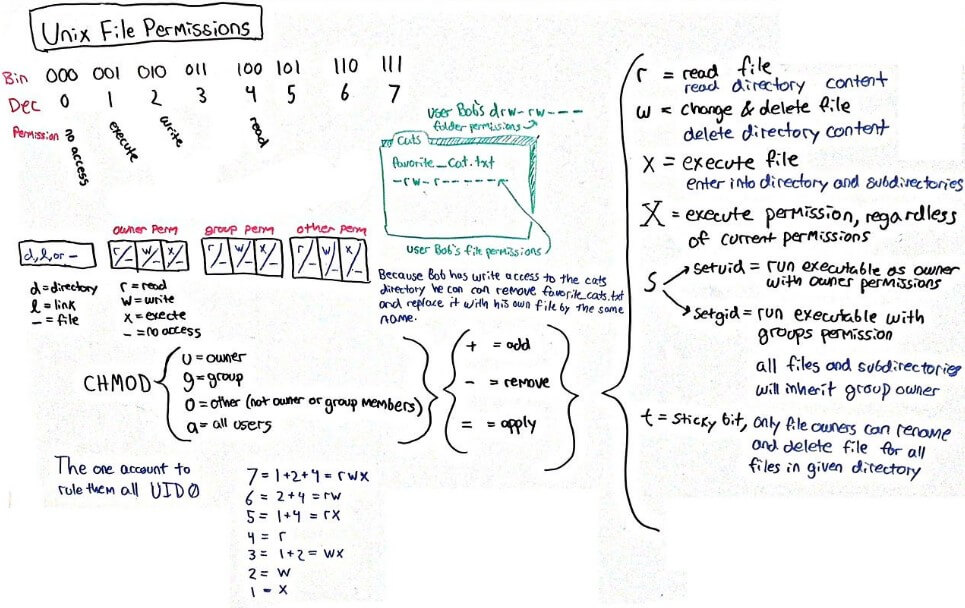
-
Is Linux hard to learn if I have zero coding skills or IT experience?
Trust us, you do not need any experience or specific knowledge to start learning Linux. Ubuntu, for example, is a popular beginner-friendly distro that comes packed with everything a noob needs to avoid getting lost in Linux verse. There are plenty of online resources, tutorials, and communities out there so that you can start from scratch without paying anything. Only your desire and consistency matter in the end.
-
Can I self-learn Linux?
Yes, of course, you can learn Linux on your own. That means that you can learn at your own pace from the thousands of free web resources, paid online courses, video tutorials, and community forums. A large number of Linux’s greatest users began as self-taught novices who practiced on a virtual machine before using actual Linux OS distribution on their PCs.
Conclusion
Did you like our guide showing that learning Linux is not as hard as they may tell you? We recommend you follow our website where we publish tech tips, guides for newbies, software reviews, and other tech-related posts. Feel free to share your opinion about the challenges and ways you may come across when starting to learn Linux OS.



